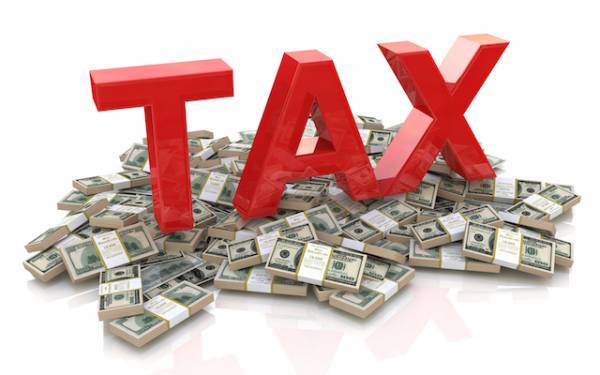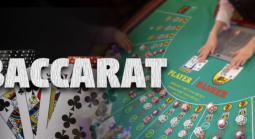How Much Tax Will I Pay Betting Sports in PA?
- PA casinos will have to pay a 36% tax on winnings to the state
- Sports bettors are generally subject to a flat 24% tax but tack on 3.07% more in PA
- Neighboring NJ casinos pay the state just shy of 8.5% tax on bets place in-house, just shy of 13% online
- PA amended its own laws following a landmark decision by the Supreme Court abolishing sports betting prohibition

CLAIM YOUR SIGNUP BONUS UP TO $1000 HERE
Pennsylvania will be paying one of the steepest taxes on sports betting in the United States: 36%.
Experts believe this will stymie the state's efforts to compete with other nearby states offering sports betting. In New Jersey, for example, casinos are required to pay only 8.5% tax for bets placed at the establishment, 13% for those wagers placed online.
In the case of Pennsylvania, the high tax rate will prevent casinos there from marketing their sportsbooks effectively beyond the initial free media splash. Some believe these high taxes will be passed down to gamblers in other less subtle ways (i.e. less attractive lines, especially for PA teams, and fewer betting options).
Sports betting winnings are generally subject to a flat 24% tax.
Depending on how much you win, you'll receive a Form W-2G from the casino, CNBC notes. Even if you do not, the IRS still expects you to pony up at tax time.
Marcia Geffner of CreditKarma writes:
Whether sports betting is legal in the state where you place your bet doesn’t matter to the IRS. If you win, you have taxable income, which should be reported on Form 1040, Line 21 “Other Income.”
These rules apply only to casual sports bettors. If you’re a pro — “in the trade or business of gambling,” as the IRS puts it — different rules apply.
How much tax you’ll owe depends on your personal tax situation and tax bracket.
You might also owe state income tax on any money you win from betting on sports, depending on which state you live in.
Pennsylvania utilizes a “flat tax” system. This means that every taxpayer in the state, regardless of their level of income, pays the same percentage of their taxable income in income taxes — 3.07%.
Depending on a person's tax bracket, he or she could owe up to 35 percent of winnings to the federal government in addition to the 3.07% Pennsylvania taxes net gambling winnings at.
"Technically, according to the tax code, if you walk outside for lunch and find money on the sidewalk, you owe taxes on it," Tom Ochsenschlager, vice president of taxation for the American Institute of Certified Public Accountants in Washington, D.C., told the Post-Gazette.
For professional gamblers all losses are deductible and certain costs they incur to gamble such as travel expenses are deductible. But their net income could also be subject to self-employment taxes or 15.3% as of 2018.
|
How to file wins, losses on your return from Bankrate.com Regardless of how much you win on bets, sports and otherwise, you’re supposed to pay taxes on the winnings. Casual gamblers, those folks who visit casinos a few times a year or buy lottery tickets when the jackpot hits a record amount, are required to report gambling winnings as “other income” on line 21, Form 1040. Sometimes the amounts won trigger withholding at 24 percent (as of December 2017) when the lucky gambler is paid. In other instances, a gambling establishment simply will ask winners for a tax ID (the individual’s Social Security number) for tax-reporting purposes. Form W-2G detailing the winnings and any withholding then is sent to the bettor, as well as the IRS. But even without official documentation, you are legally required to report all your winnings. |
Great news, the Sugar House Casino in Philadelphia just opened its sportsbook (December 13), the same day Pittsburgh's River Casino opened its book.
“We finally got it after all these years,” sports bettor Mike Davis told WHYY as he stood in line Thursday to place a bet. “I’m just glad the federal government is blessing me right now.”
Sports betting became legal in Pennsylvania after the U.S. Supreme Court threw out decades of prohibition back in May.
- Jagajeet Chiba, Gambling911.com














